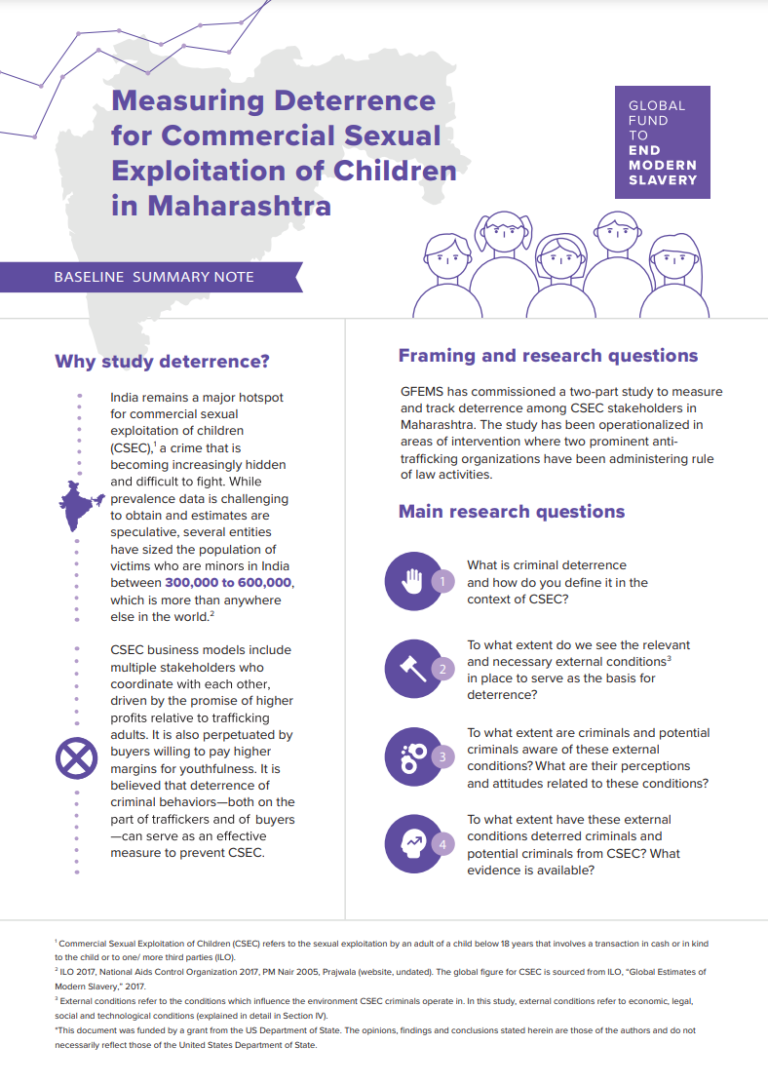2017 Findings on the Worst Forms of Child Labor
PublicationsThe Findings on the Worst Forms of Child Labor, mandated by the Trade and Development Act of 2000, is the most comprehensive research product on the state of child labour worldwide. This year, the report uses more stringent criteria to assess the eff...Read More

